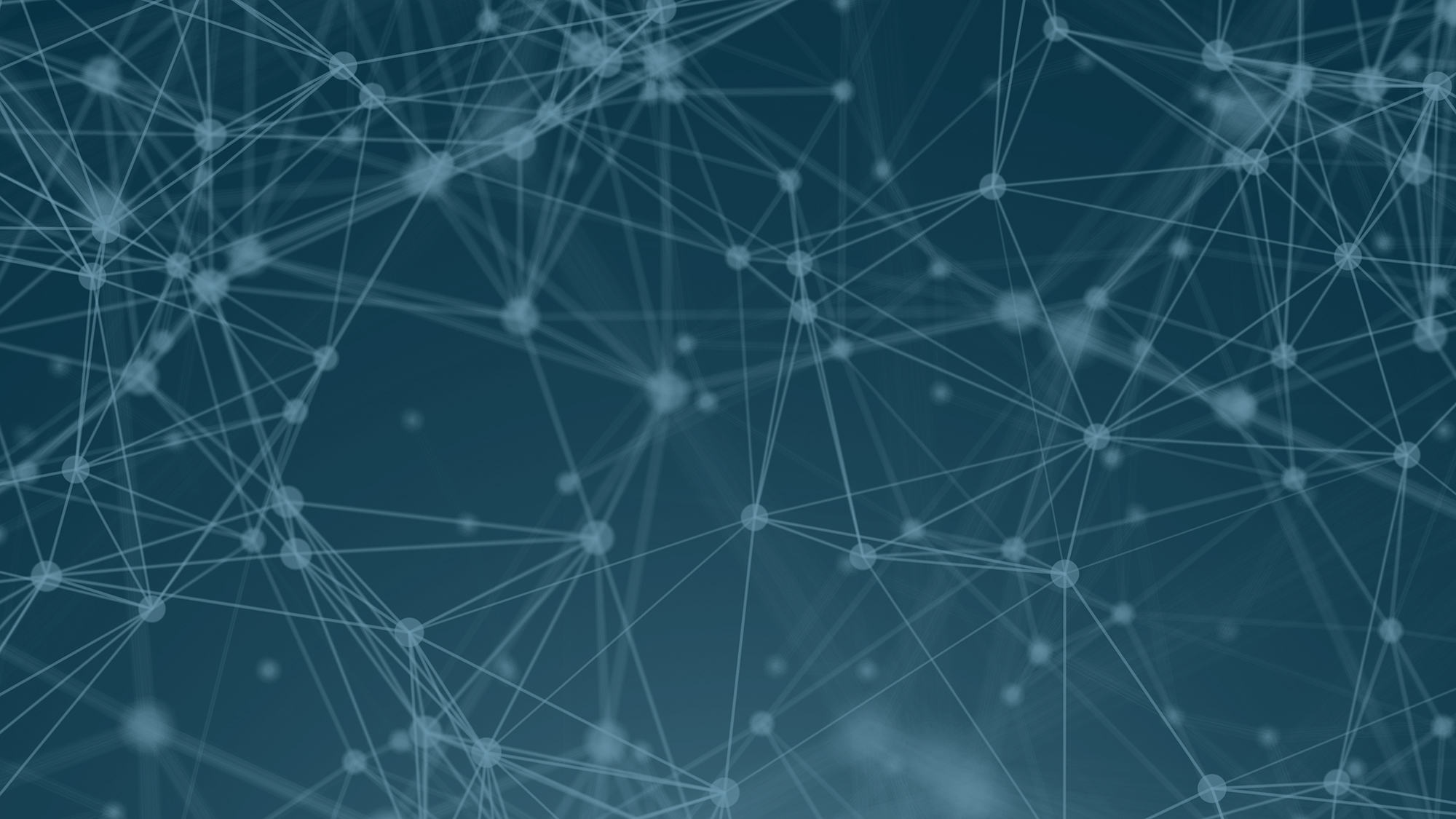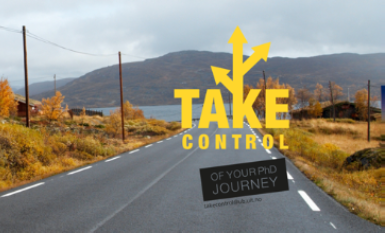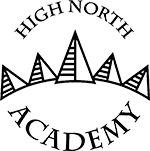
GEN-8001 Take control of your PhD journey (2 ECTS)
GEN-8001 Take control of your PhD journey (2 ECTS)

Writing a PhD benefits from the acquisition of competencies outside of the specific study, such as being aware of current academic norms, knowing how to retrieve, evaluate, and manage sources, handling scientific research data in line with best practice, and being up to date about open access publishing. This course is designed for PhD candidates in their first year, coming from all fields of study.
This course is designed to support PhD candidates in their acquisition of research competencies related to ethical and structured handling of scientific sources, management of research data, and open access publishing. With research integrity, transparency, and openness as guiding principles, the participants will be introduced to and actively engaged with questions, challenges, and possible solutions associated with these central topics.
Pre-work
To maximally benefit from the individual seminars, participants are asked to carry out a certain number of small pre-assignments. These are not to be submitted but will function as basis for much of the content in the various seminars. The teachers will expect that all participants have engaged with each relevant pre-assignment. More details will be announced on Canvas well in advance of the teaching sessions.
Course schedule
The course is given over one week. The format alternates between in-person (autumn) and Teams (spring). When organized in-person, the course is given during 3 days. When organized in Teams, the course is given during 5 days.
Please check the UiT course catalogue for exact dates.
Exam
Format: Reflective essay, 1000-1500 words (reference list not included).
Purpose: Make you reflect on how you can proceed in decision-making, using your own research topic as starting point.
Contact information
If you have questions or comments, please send an email to helene.n.andreassen@uit.no
